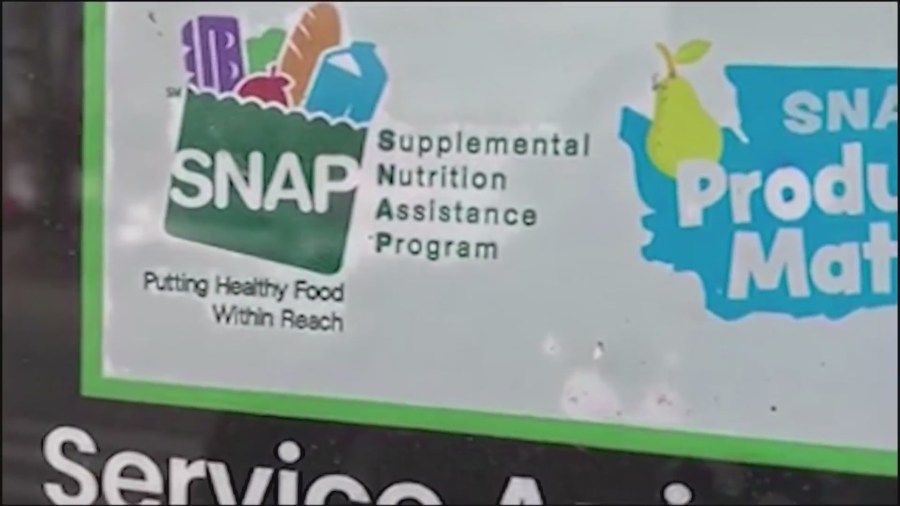The Georgia Department of Human Services (DHS) announced significant changes to the Supplemental Nutrition Assistance Program (SNAP) benefits, stating that funding will not be available starting November 1, 2023. This announcement follows a notification from the U.S. Department of Agriculture (USDA) indicating that the ongoing federal government shutdown has created insufficient funding to support the program.
As of now, SNAP recipients in Georgia can utilize the existing balances on their Electronic Benefit Transfer (EBT) cards. However, the DHS warns that once November 1 arrives, these cards are expected to become inactive based on current USDA guidance. This situation places considerable pressure on individuals and families who rely on SNAP benefits for their food security.
Immediate Impact on Recipients
The potential suspension of benefits poses a critical challenge for many households across Georgia. SNAP provides essential food assistance to millions of residents, and the abrupt halt could leave numerous families without necessary resources.
Officials urge recipients to plan ahead and purchase essential items while they still have access to their EBT funds. The DHS emphasizes the importance of preparing for this change and encourages households to consider their needs in the coming weeks.
Context of the Funding Issue
The funding crisis arises amid the ongoing federal government shutdown, which has disrupted various programs and services. The USDA’s notification highlights the broader impact of this shutdown on public assistance programs, leaving many states facing similar challenges.
As November approaches, the situation continues to evolve. The DHS is exploring options to address the funding gap, but as of now, there are no guarantees that benefits will resume or that alternative solutions will be implemented.
In summary, Georgia SNAP recipients should be aware of the impending changes and take action to secure their food needs before November 1. The situation remains fluid, and further developments may arise as state and federal officials navigate the complexities of the funding crisis.







